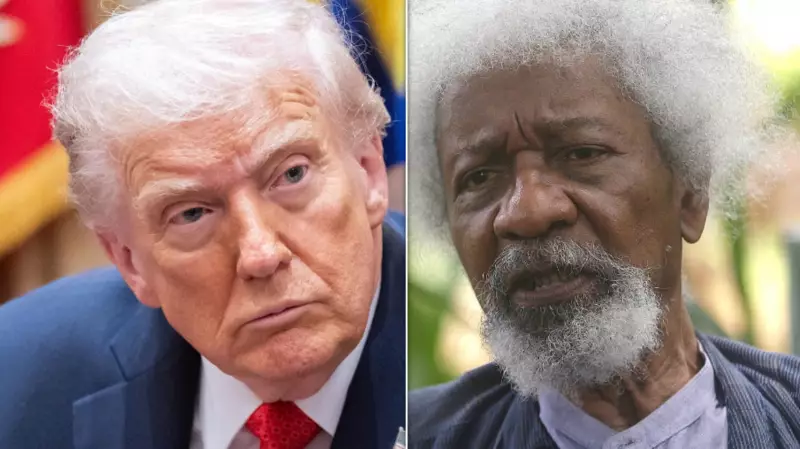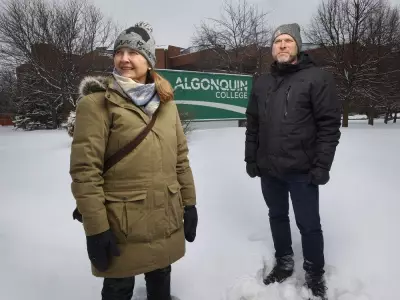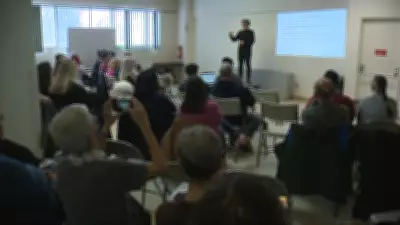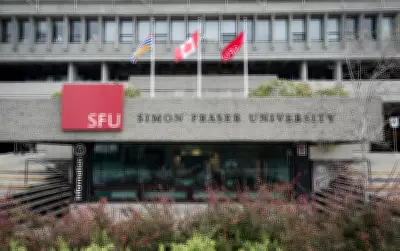
Nobel Prize-winning Nigerian playwright and activist Wole Soyinka has made startling allegations against United States authorities, claiming they denied his visa application in what he describes as a clear act of political retaliation.
The 90-year-old literary icon, who won the Nobel Prize in Literature in 1986, revealed that his recent visa application was rejected despite having visited the United States numerous times throughout his distinguished career.
A Pattern of Political Targeting
According to Soyinka, the visa denial appears directly linked to his outspoken criticism of American foreign policy, particularly regarding the Israel-Palestine conflict. The renowned writer has been increasingly vocal about what he perceives as Western hypocrisy in international affairs.
"This isn't just about me personally," Soyinka stated. "It's about the growing trend of using travel restrictions to silence dissent and punish those who dare to challenge powerful nations."
Historical Context of Activism
This isn't the first time Soyinka has faced travel restrictions due to his political stance. During the 1990s, the United States revoked his visa under the McCarran-Walter Act's ideological exclusion provisions, a move that drew widespread condemnation from human rights organizations and academic institutions.
The current situation echoes those earlier restrictions, raising concerns about academic freedom and the right to political expression.
Broader Implications for Intellectual Discourse
The visa denial has sparked concerns within academic and literary circles about the potential chilling effect on international intellectual exchange. Many see this as part of a worrying pattern where governments use administrative measures to limit criticism.
"When a Nobel laureate faces travel restrictions for expressing political opinions, it sends a dangerous message to the global intellectual community," noted one academic who wished to remain anonymous.
Ongoing Advocacy Despite Setbacks
Despite the visa denial, Soyinka remains committed to his advocacy work. He continues to speak out on international issues and maintains his position as one of Africa's most prominent intellectual voices.
The playwright emphasized that such measures only strengthen his resolve to continue addressing global political issues, regardless of the personal consequences.





